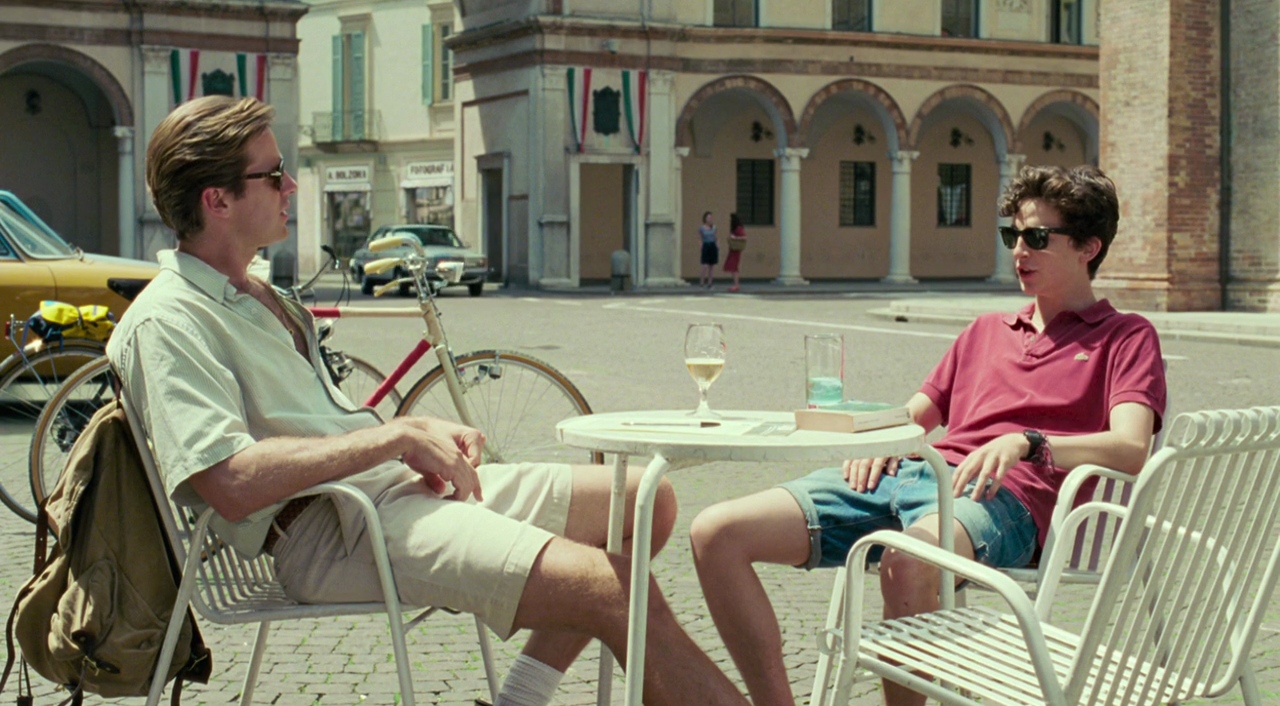Tag: ideology
-

Queer Cinema: Hegemonic Negotiation of Repressive Dominant Ideologies in CALL ME BY YOUR NAME
Since the turn of the 21st century, Hollywood has seen a growing number of queer narratives being produced and marketed to mass audiences. Although these representations are being made, they are still few in comparison to the amount of films that portray the ideals and values that can be considered the dominant ideologies of American…
-

On Dragons and Ideals: An Examination of the HOW TO TRAIN YOUR DRAGON Franchise and the Aspects of Ideology
Film theory is a subject made fascinating by its layers; for what the methods of analysis reveal about the film to which they are applied. A film—as with any other form of media—can be viewed from multiple angles based on one’s perspective and learning, and with each refraction that results another layer to the film…
-
Film Festivals as Cultural Proxy of Cold War Ideology
Since their inception, film festivals have been a vehicle for nations to display both filmmaking merit as well as political ideologies. The post war film festival boom in Europe initiated a festival culture that praised nationalism and acted as an “Olympics of Films” for countries to gather and celebrate their national cinemas. [1] These newly…